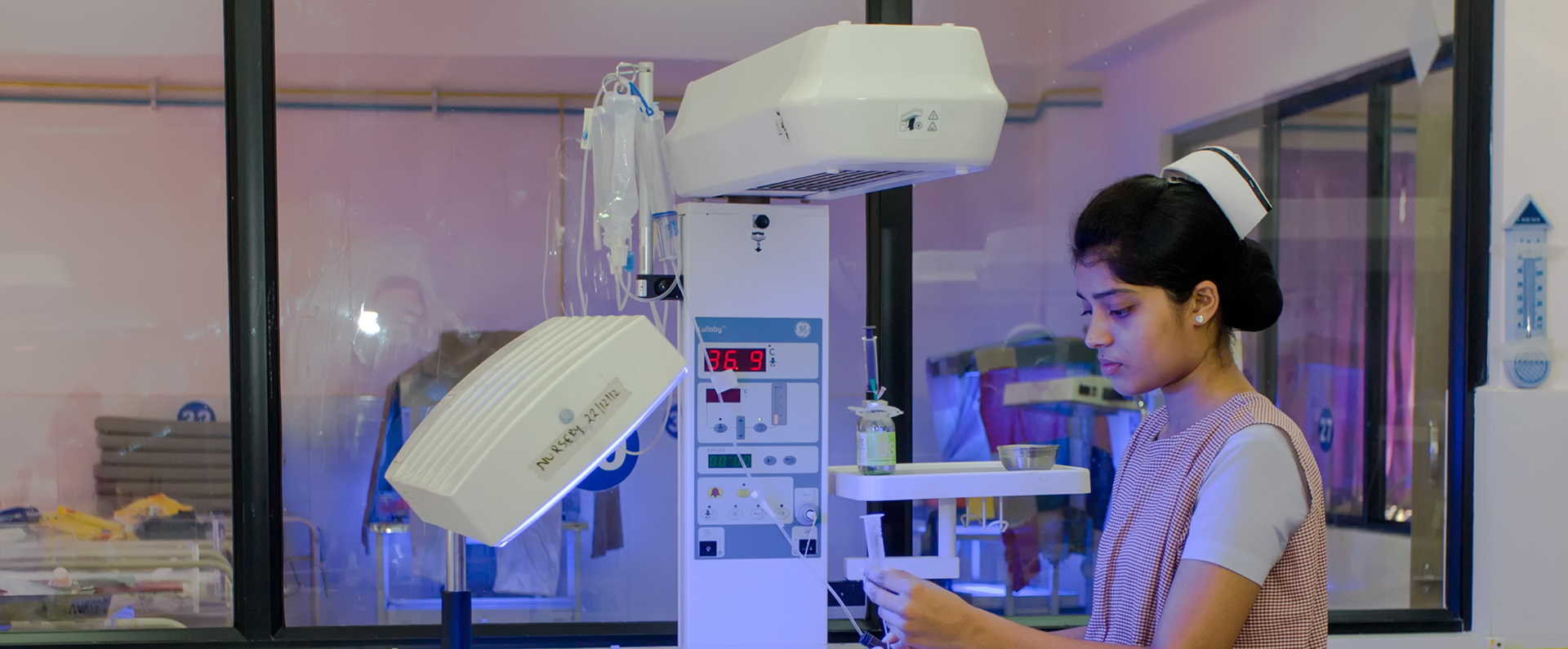
The German Language Exam is for people applying for higher education or professional registration in Germany. There is total 6 levels in German Language Exam i.e. A1, A2, B1, B2, C1 & C2. For Nursing Job Opportunities in Germany, all Hospitals/Clinics accepts this test to meet the standard of its German language requirement to work in the Germany. These are qualification levels of language use according to the Common European Framework of Reference for Languages. As a rule, you must prove your language skills by means of certificates, testimonials or examinations before being hired or during your professional activity. We will advise you on all these issues during the application process.
Being a very attractive country to live in for many international applicants many of them wonder how to start in Germany. But in general, it is essential for all applicants to understand four reasons why Germany in general requires German language skills before one can migrate and start working:
All the nursing and healthcare practices are conducted in German language. Since the nurses are required to communicate with doctors,co-workers, patients, their relatives, medical technicians, assistants etc. The proficiency in German Language is an essential factor to be selected for nursing jobs in Germany.
Almost all public communication in Germany is held in German.Applicants who come to Germany cannot always expect public servants, employees of the service sector or real estate agents to speak English.
The law requires a B1 level in order to get a visa to work in the health care services.Applicants who are not originating from the EU must apply for a visa in order to work in Germany. These visas are usually only issued if applicants speak German on B1.It is important that you have passed B2 level before leaving India in case of your recognition as a nurse in Germany.
During their training, German nurses are placed in departments for short stays, peri-operative treatment, long-term stays, treatment of children, as well as outpatient services and psychiatric wards, among others. In total, these assignments are spread over 2500 hours, which you must prove through your work experience. If you are unable to do so, you must complete this work experience either before leaving India or in Germany. It is important that your employers certify your work experience (hours, stations, tasks). Usually work experience of 3-7 years in acute hospitals are sufficient.
Your first few months in the Germany will be challenging since you will be focusing on your new living and working environment, learning new systems and procedures, preparing for your training and taking care of other responsibilities.
Unless you already have a support system in the Germany, we would not advise you to bring family members this early on. Rather, they should join you after once you have settled into your new environment and passed the recognition procedure.
Your airfare to the Germany will be usually refunded by your employer, but they won´t refund business class or unusual bookings. You have to pay for flight expenses for your family members.
Income tax will be automatically taken from your monthly salaryand depends on your tax class (married or unmarried).Onaverage, the tax burden is about one third of the total gross income andincludes social insurances contributions such as pension insurance,unemployment insurance and health insurance.
Once your children are six years old, they are required to go to school, since school attendance is compulsory in Germany. Most German schools are run by the state and there is no charge for your children to attend. In addition, of course, there are private and international schools, which charge fees.
When you come to Germany, you usually first get a temporary employment contract from your new employer. Once you have full professional recognition as a nurse, you will get a non-limited contract.
Lorem ipsum dolor amet consectetur sed do eiusmod tempor incididunt ut labore. Lorem ipsum dolor amet consectetur adipisicing sed do eiusmod tempor incididunt ut labore.
Explore
